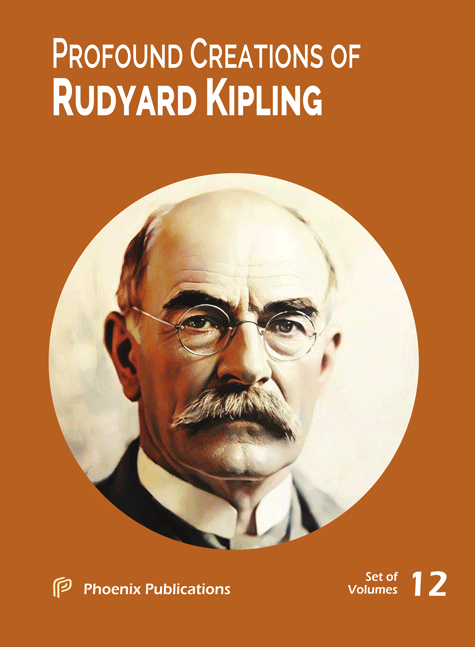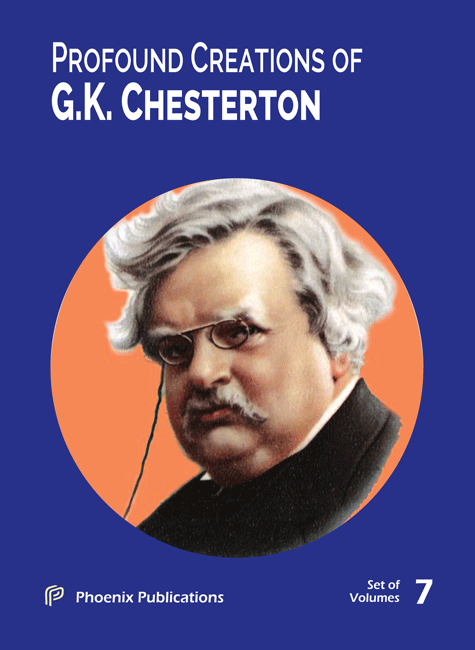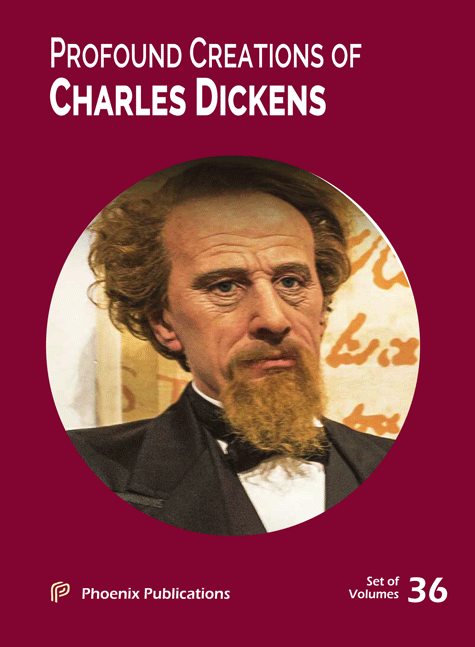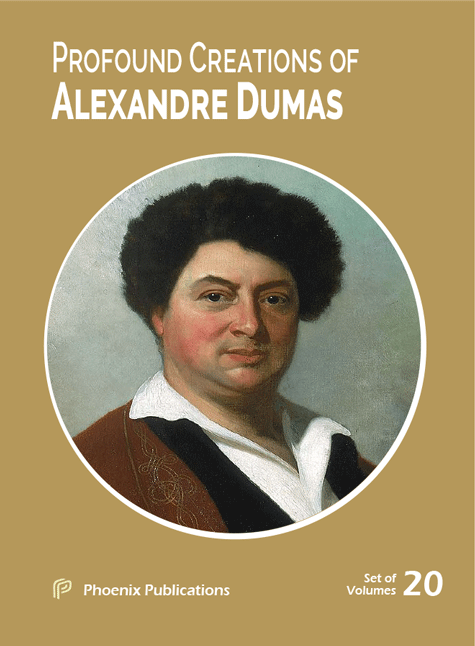Rudyard Kipling (1865–1936), born in Bombay, British India, was a prolific British author and poet. Renowned for his imaginative storytelling and evocative verse, Kipling’s works often celebrated the British Empire and explored themes of imperialism. His most famous works include “The Jungle Book,” a collection of stories that became a classic of children’s literature, and the poem “If—,” a timeless exploration of stoicism and resilience. Kipling’s writing, influenced by his experiences in India and his love for adventure, captivated readers with its vivid characters and engaging narratives. However, his views on imperialism and race have been a subject of controversy and revaluation.
Awarded the Nobel Prize in Literature in 1907, Kipling’s impact on literature extends beyond his era, and his legacy continues to be shaped by discussions surrounding his contributions and the complexities of his perspectives.



